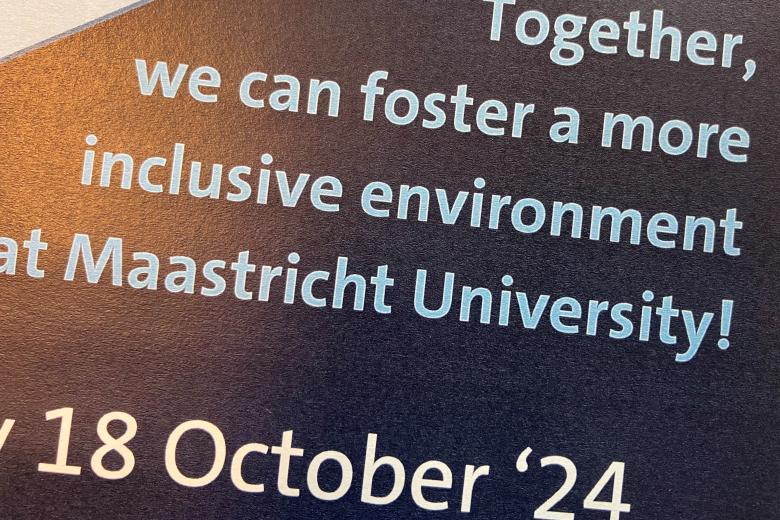(A last) Hooray for books!
The initial enthusiasm for the print book has worn off a bit since its launch in the 15th century. Still, even though the e-book is taking over, there is still plenty of room and need for hardcopies in and around UM – from the library to swap shelves or park benches.
To ensure students have access to literature around the clock anywhere, the UM library has adopted a policy of “digital unless” (in other words, unless there is a good reason to have a print edition). For scientific journals, the strategy has worked very well because SURF, the collaborative ICT organisation for Dutch education and research, negotiates subscriptions to most major journals on behalf of Dutch university libraries.
The library started transitioning to e-books in 2011 and has managed a ratio of 250,000 e-books and another 20,000 in open access versus 400,000 print books. “It is going very well but we had also hoped the Learning and Resource Centre would be 50 per cent digital by now and we are still a long way from that goal,” concedes Floor Gossieau, eContent developer at the UM library, “progress there wasn’t nearly as fast.”
The rocky road towards a fully digital study landscape
Neither lack of effort nor technical shortcomings are to blame. Some study books are not available digitally at all, others only to individual buyers, not institutions. When it comes to e-books, European or Dutch universities do not bargain collectively. UM negotiates directly with publishers or aggregators (i.e. platforms that curate collections, usually from smaller publishers and sell those to libraries).
E-publishing is, in the greater scheme of things, still in its infancy. “Publishers and authors are understandably nervous about the potential loss of profit and are experimenting with different ways of distribution,” explains Gossieau, “but that makes acquisition incredibly complicated for us.”
Not a question of technology but of rights
The pricing models vary wildly – the most straightforward case, a monograph purchased fully by the library, is relatively rare. By and large, they purchase not so much the content itself as a subscription to the rights to use it.
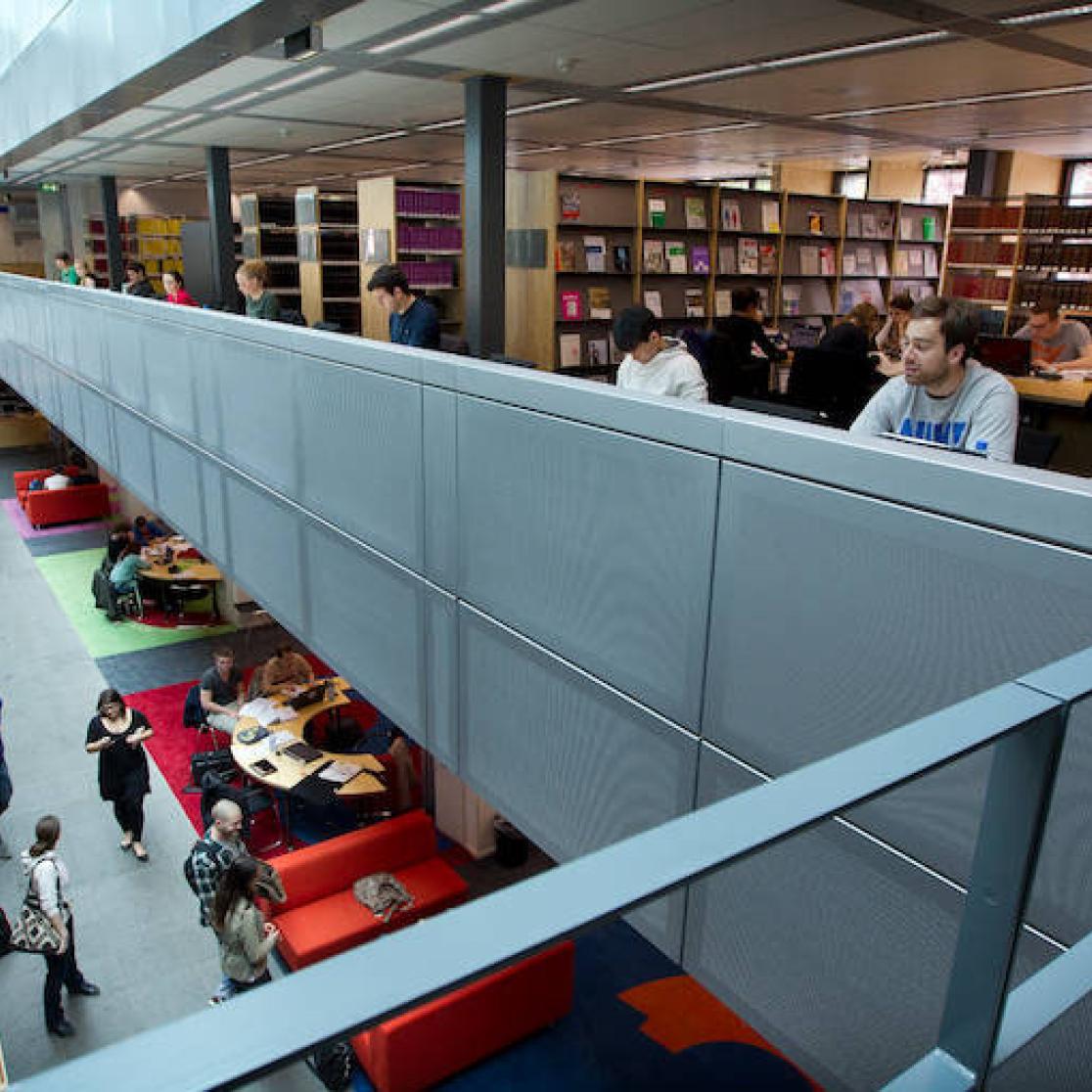
And those rights are most likely restricted by DRM (Digital Rights Management). Publishers can limit their content’s availability; how much you can print, how many people can access at the same time, or how long it’s available. That is why library users are usually redirected to a publisher’s platform when accessing digital content.
The problem is particularly pertinent in the case of textbooks. Publishers are aware that textbooks are indispensable to academic teaching and the pricing models can be prohibitively expensive. In those cases, buying print copies is the library’s only option.
Swap shelves
Individual readers aren’t struggling with any of these problems and e-books are gaining ground fast among students. That is not to day that print books are a hipster affectation quite yet, but the digital trend is noticeable. What to do then with your library once you transition to digital?
UM’s Green Office has set up swap shelves in the Student Service Centre, Randwyck and the Law faculty. There, people can leave books they no longer need and pick up others in exchange. “The shelves were a student initiative: they realised it might be useful and wrote a project proposal,” explains Anja Dekanski, the Green Office’s Research Coordinator, “we then facilitated the idea by getting permissions, organising the shelves, etc.”
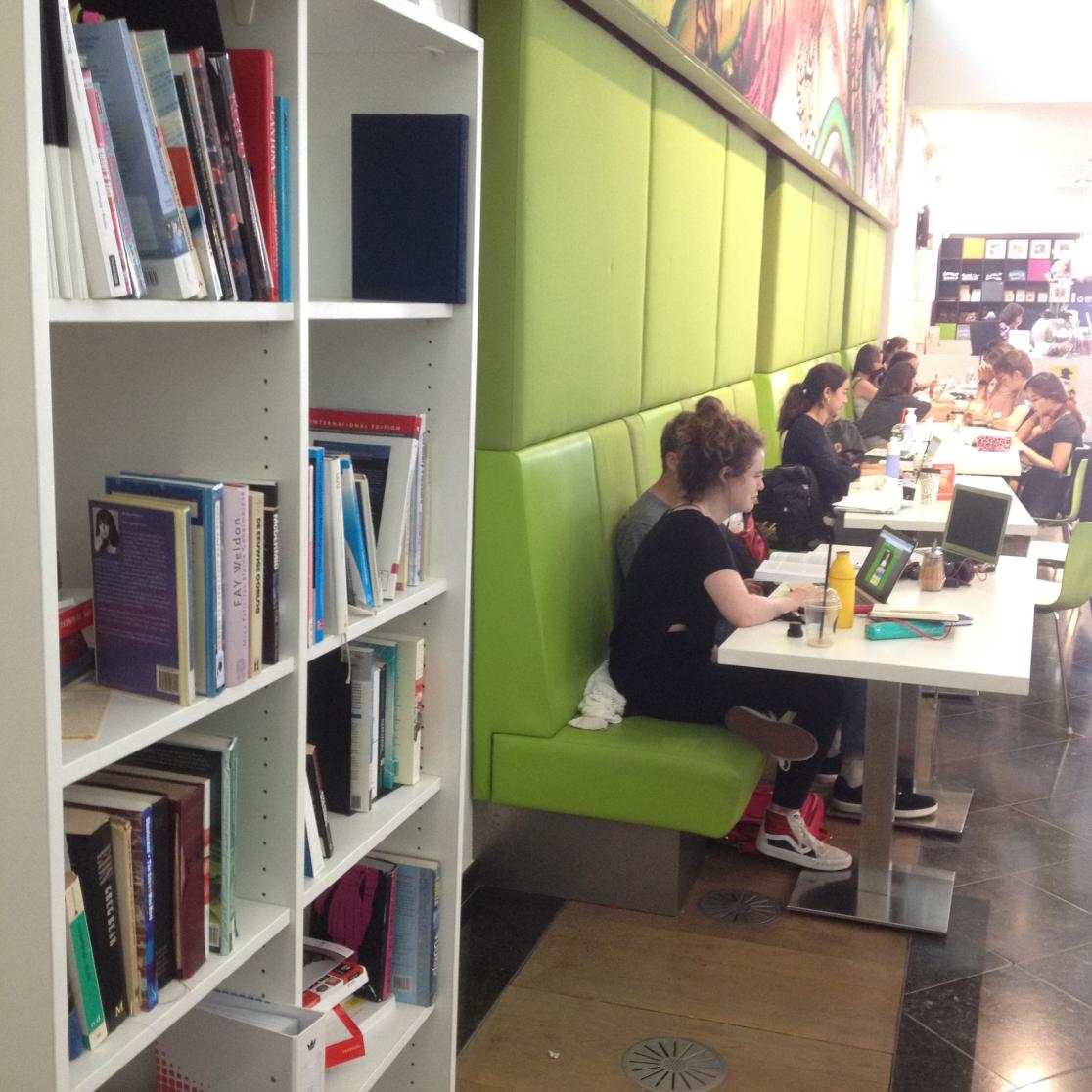
The library of things
The swap shelves tie in nicely with the “library of things”, which aims to reduce waste among the student community. Of course, permanent residents like to declutter in sustainable ways too and so the concept is gaining popularity among UM employees as well: our corridor’s swap shelf boasts, among others, Kazuo Ishiguro, Ayn Rand and a 10-minute guide to using PowerPoint ’97.
And if you can’t find what you’re looking for in UM’s shelves, you can always hope for a visit from the book fairy – no, seriously.
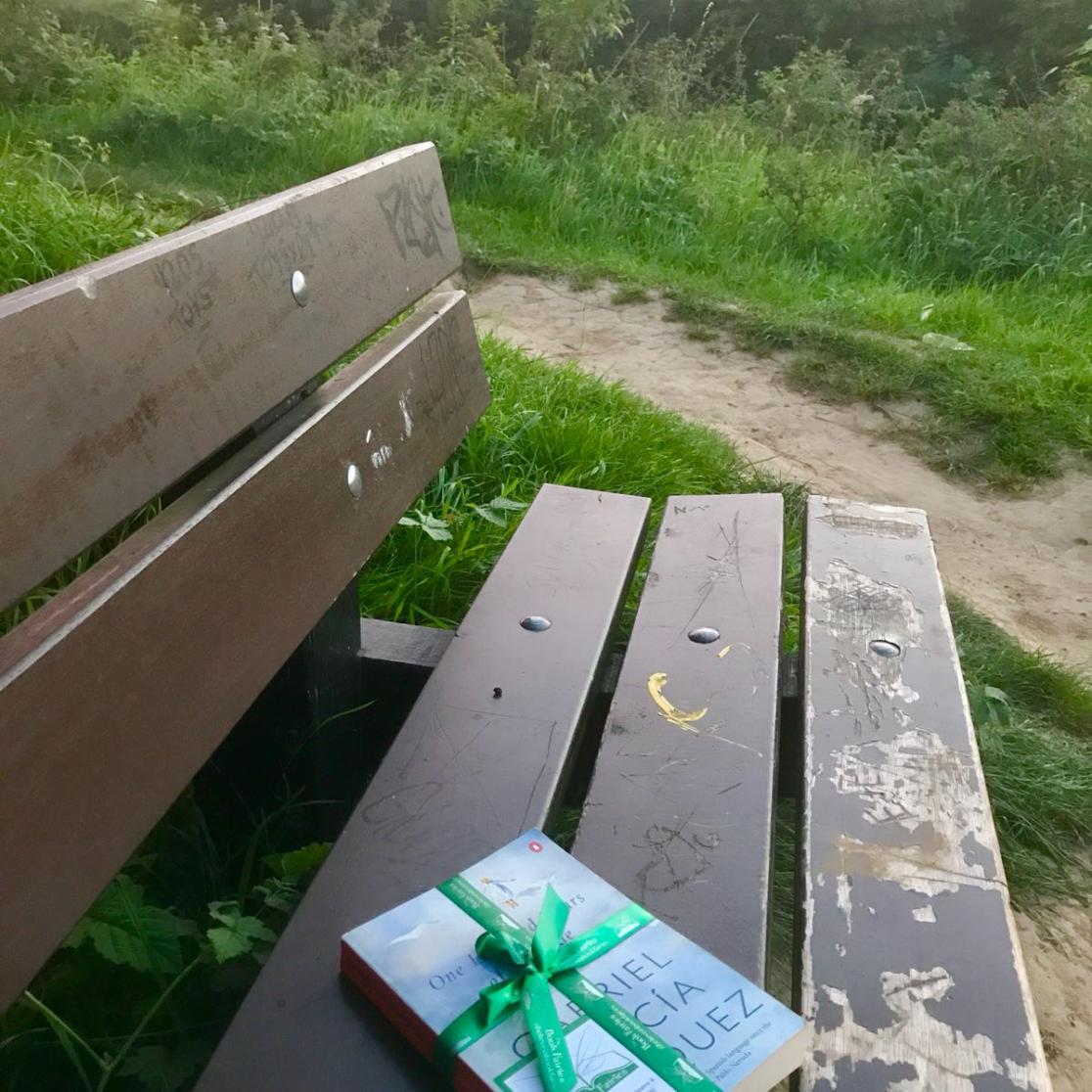
Lees ook
-
SBE-onderzoekers betrokken bij NWO-onderzoek naar de rol van de pensioensector in de duurzaamheidstransitie
SBE-hoogleraren Lisa Brüggen en Rob Bauer maken deel uit van een nationaal, door NWO gefinancierd initiatief dat onderzoekt hoe Nederlandse pensioenfondsen de overgang naar een duurzame samenleving kunnen versnellen. Het project van € 750.000 heeft als doel om pensioenbeleggingen af te stemmen op de...

-
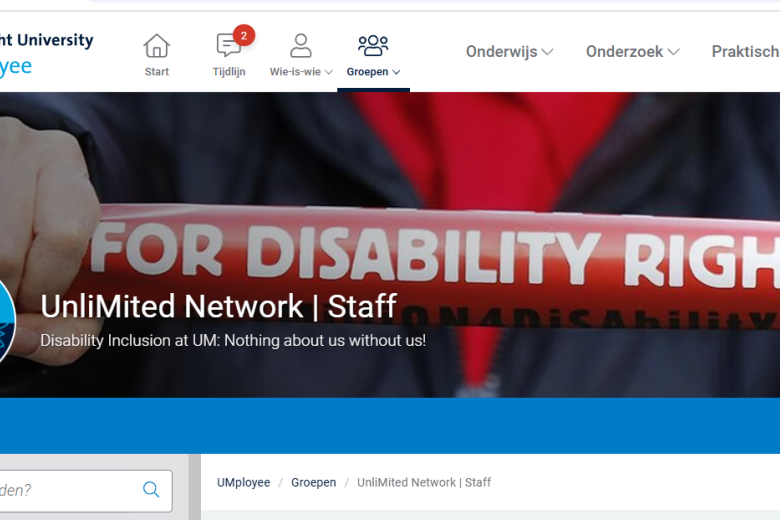
-
